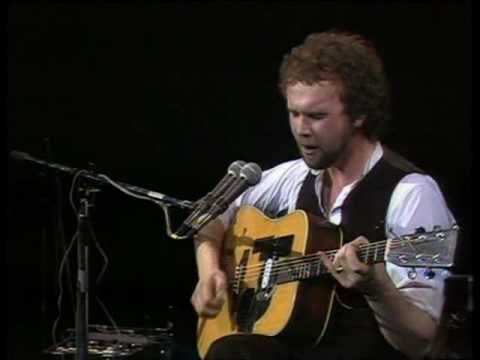I would like to say I remember it well: the first time I ever heard a song which sent shivers down my spine. Being honest though, I would not know where to start. All I know is that music has been a central part of my every day life for … my whole life.
I am the kind of person that only needs to put a sad song on to help me have that big old cry I’ve been craving all day. I am also the kind of person that walks down the street with a spring in my step because I’m listening to one of my guilty pleasures.
It wasn’t until recently I started to think about how music has shaped or helped me, my mental health, and whether it does the same for others. Research has been conducted by both musicologists and psychologists, which suggests that there are clear links between music and mental health. A 2011 study by researchers at McGill University in Montreal found that when their participants listened to music they enjoyed, their dopamine levels were 9% higher.
Last year my friend Andy wrote his undergraduate dissertation on the links between mental health and music, specifically song-writing. His research found that playing or writing music could help to create an environment which allowed people to break down barriers they had put up because of autism or depression. Andy made a really great point when we were talking about this further, saying that the thing about creating music or poetry is that you can pour everything you feel into it, whether it be positive or negative emotion. The tangible product of that creative expression can bring a sense of relief, achievement, and pride.
This got me thinking, and I realised that some of my favourite albums were the product of a need to express acute emotion. These acts of creativity can also evoke an emotional response in the listener. A lot of the time, our favourite songs can take us out of ourselves, into a different time, place, or experience.
Take John Martyn for example, famous for his husky voice, sublime lyrics, and his somewhat reckless lifestyle. In a documentary aired in 2007, Martyn was described as a “spontaneous, incurable romantic”, who instead of keeping diaries, made records. His most heartfelt album, Grace and Danger, was released in 1980 after the breakdown of his marriage. The album was essentially an outpouring of John’s feelings; a form of expression which he described as “good for the soul”. It was cathartic, and I understand where he is coming from; there are things you simply can’t express in the simple written or spoken word. Song-writing is a form of emotional expression, albeit one perhaps not appealing to everyone.
What I do think is appealing to us all, is the ability to connect to a song or an album. That feeling, when it almost seems as if someone is singing to you, mimicking your mood, thoughts, or experiences, can bring a sense of connection unlike any other. The artist’s act of creativity can help us to understand our own feelings better. It can help us navigate the ups and downs, the sunshine and the storms, of our every day lives.
It certainly always has done for me, and long may it continue.



